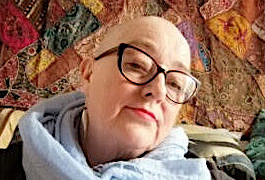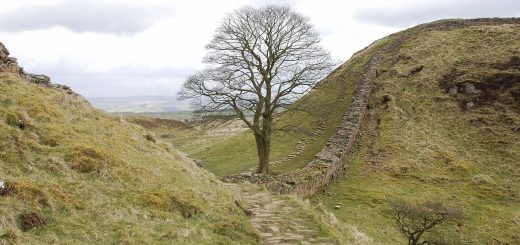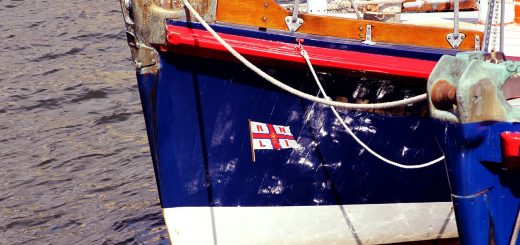Dementia Action Week

Dementia Action week is with us again from 11 to 17 May 2020.
Dementia is caused by a number of diseases that affect the brain. The different types of dementia will have different effects at different rates, but what many people don’t realise is that someone who is affected will be influenced by the support they have and the environment in which they live. Isolation can be a major factor in how a person copes with the condition.
Dementia is really a variety of symptoms that vary from person to person. They include difficulty with memory, problem solving, thinking and even language. Usually the problems are not severe to begin with, but by the time anyone notices, the person may be experiencing a great deal of difficulty with managing everyday life, and they may be displaying pronounced changes in their normal personality.
Dementia isn’t confined to older people. Younger people will often present with symptoms such as disturbed vision, difficulties with speech and planning, rather than the more usual memory loss that we associate with older people. Younger people with Down’s syndrome and learning disabilities are at an increased risk of developing Alzheimer’s and there are other genetic indicators that reveal a greater likelihood of developing the disease.
As well as Alzheimer’s, vascular dementia, Lewy bodies and frontotemporal dementia are other forms of the disease. Alcohol damage can also be a factor, particularly manifesting in younger people.
Whatever the age or experience of the sufferer, dementia has life-limiting effects which can be confusing and distressing, not only for the person who has the disease, but also for those who come into contact with them. Getting support is essential, but services can be difficult to locate, and consistent help can be a problem. The Alzheimer’s Society has a page on its site where you can find services local to you. It’s worth checking this page out to find carers’ support, social groups and other services that may be helpful.
There are also online support groups where it’s possible to share experience and access advice with people from all over the world.

There is research of course. A number of projects to find treatment and preventative measures for dementia are ongoing in the UK, and you can access information about these through the Alzheimer’s Society and other organisations. If you want to contribute to this research, you can do that by fundraising, making a regular donation or by leaving funds in your will.
There is an action plan for Wales which seeks multi-agency support for people with dementia, which is harder to access in the many rural communities in places such as Pembrokeshire. The plan was created by the Dementia Engagement and Empowerment Project, the Alzheimer’s Society and the Welsh Government. The plan outlines priorities and seeks cooperation with a variety of organisations, including health and social care.

But there are things that we can do ourselves, and there is no better time than now.
We have mentioned becoming a Dementia Friend in previous articles. It’s simple and just involves learning about dementia and then putting your understanding of the effects of the disease into practice. It doesn’t have to be a massive undertaking though it can be). It might just mean showing more patience with people, or could mean giving one’s time to help a neighbour.
Becoming a Dementia Friends Champion might be the next step. Providing information and signposting people to the best support available is of immeasurable value in our little communities. Having someone who has accessed training and gained the knowledge required to inform others can only add to our understanding and then hopefully to our willingness to be supportive. Could that be a role you would consider?
Organising events and fundraising are another option and, with Dementia Action Week coming up, this is the perfect time to think of ways to get involved:
Dementia Friends: https://www.dementiafriends.org.uk
Theatr Gwaun in Fishguard is planning more dementia-friendly screenings of films. Find them on Facebook.
Dementia Friendly Haverfordwest has a Facebook page. Last year it planned a range of events.
The Alzheimer’s Society runs a number of dementia services around the county, such as Dementia Cafés, Singing for the Brain, activity groups, befriending services, support groups and advocacy. For more information contact: 01646 692329; pembrokeshire@alzheimers.org.uk




















